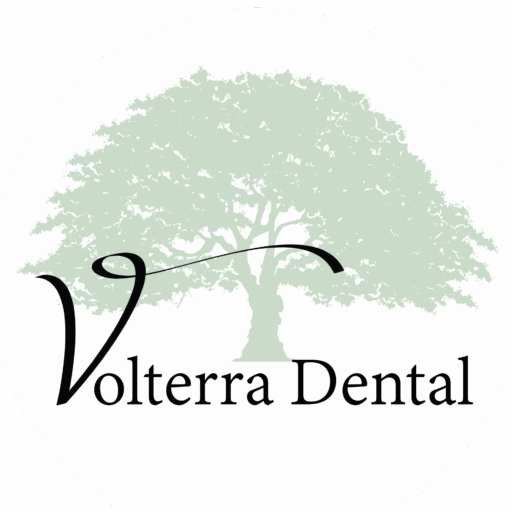
Can you imagine your breath stopping while you sleep? More than one-quarter of American adults experience this. While your brain wakes you enough to restart your breath, sleep apnea is a potentially serious health issue.
Snoring can seem like an amusing sideshow when someone falls asleep on the sofa. At night, it can be disturbing for others, and it’s often a symptom of a sleep disorder that can be dangerous to your health. Almost 1 in 10 Americans experience sleep apnea at some point in their lives.
It’s estimated that over 25% of the adult population suffer from obstructive sleep apnea (OSA), the most common form of the condition, and as many as 80% of them may be undiagnosed. They’re at risk for a range of health problems associated with OSA.
It might surprise you to find that your dentist can be part of your OSA management team. Dr. Richard Blackburn and the team at Volterra Dental offer our patients custom sleep guards that hold the jaw in such a way that your airway remains open during sleep, minimizing OSA interruptions.
Causes of OSA
Obstructive sleep apnea is a physical problem where anatomy and relaxed tissue combine to block your breathing airways through your throat. Muscles supporting the soft palate, uvula, throat walls, tonsils, and tongue relax, leading to the collapse of these tissues as you sleep.
Snoring occurs for similar reasons. The noises of snoring originate with relaxed tissue vibrating. As your airways get smaller with collapsed tissue, air must move faster, resulting in vibrations that make snoring sounds. While snoring isn’t always a sign of sleep apnea, virtually all patients with OSA feature snoring as a symptom.
The Health Dangers of OSA
The first threat to your health from OSA is the disruption of your sleep cycle. A good night’s sleep cycles between light, medium, and deep stages. These stages combine to provide you with the rest and recovery benefits that sleep delivers.
When you have OSA, your brain needs to wake you enough to restart breathing. This interrupts the rotation of your sleep stages, even when you’re not aware of these waking moments. Your bedside clock may tell you that you’ve had a full night’s sleep, but you’ll awake feeling tired.
This can lead to problems like daytime sleepiness and you might drop off to sleep in the middle of the day. You could have trouble concentrating or remembering things. Mood changes, anxiety, and depression may result from OSA.
There are also indirect health complications connected to OSA.
High Blood Pressure
Repeated breathing interruptions cause your body to respond with strain on the cardiovascular system, raising blood pressure in an attempt to restore the supply of oxygen to your cells.
Heart Disorders
You have an increased risk of arrhythmia, heart attack, and atrial fibrillation.
Type 2 Diabetes
Having OSA is a recognized risk factor for developing resistance to insulin and rising blood glucose values, characteristics of type 2 diabetes.
Surgery Complications
Since OSA is typically worse when you’re sleeping on your back, you have an increased risk of problems after surgery since you’ll be on your back while under anesthesia.
Once you’ve received an OSA diagnosis, visit Volterra Dental to discuss a custom-fitted night guard. We’re experts in dental sleep medicine and we can help you sleep restfully. Call or click to schedule your appointment today.

